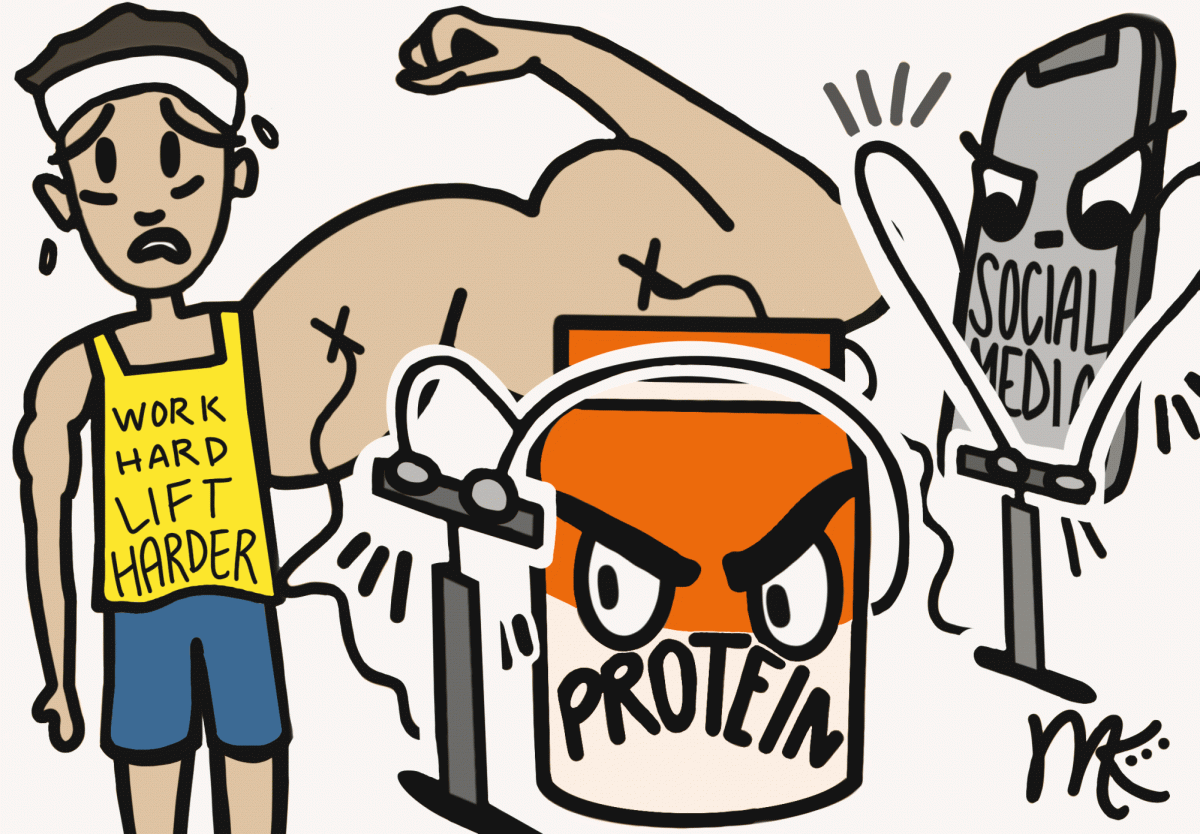by Blake Seitz
Sports Editor
With the primaries for the upcoming gubernatorial race just around the corner on March 2, now is the right time for concerned citizens to know a little about the candidates they’re voting for.
I’ve compiled information on the five front-runners—3 Republicans and 2 Democrats—in an effort to make your time at the polls that much easier.
We’ll start with the obvious: Republican Rick Perry, our current Governor, is fighting to secure his third term in our state’s highest office. Perry is campaigning, like most of the candidates, on economic development. His primary focuses if reelected would be to create jobs, reduce taxes (especially the corporate property tax) and maintain Texas’s famously business-friendly environment. In his past two terms, Perry has gone to great lengths to balance the state’s budget, which has allowed Texas to weather the recession better than most, but which has arguably withheld funding from, say, the state’s lackluster education system. Perry has drawn criticism from the right for his support of the Trans-Texas corridor, a $145 billion dollar infrastructure project which would, bizarrely, not be run by the State of Texas. Instead, it would be serviced and run by a Mexican contracting company called Cintra. Cintra would receive all toll proceeds from the highway.
Perry is an evangelical Christian, and like many Republican politicians, his faith peeks through in his social beliefs. Perry opposes gay marriage and has also taken small steps against abortion during his time as governor, signing a bill that limits late-term abortions and requires minors to notify their parents before receiving an abortion.
Parting comments: though highly ideological and sometimes bizarre (he verbally supported the Texas secessionist movement in April of last year), he is a serious politician with a fiscal plan that has fostered the state’s economic boom of late. Education is not his strong suit, though, which brings us to our next candidate.
Kay Bailey Hutchinson, the fourth-ranking Republican in the Senate (she was elected in 1994), is Rick Perry’s most serious opponent.
Hutchinson hopes to make Perry’s education record his Achilles Heel, and has come out full force in support of modernizing our decrepit education system. She supports mainly conservative initiatives such as school choice, vouchers and the creation of charter schools, but also wants to transform the public school system into a slick, flexible machine to meet student’s needs through a massive influx of specially designed technology. She is also an advocate of single-sex education, the traditional practice of splitting boys and girls into separate classes.
Fiscally, Hutchinson espouses the same principles as Perry, but emphasizes lowering taxes to a much greater degree. This could be a problem, because she is places less importance on reigning in spending. That could lead to budget issues down the road.
Finally, social issues. It is here that we see a real divergence from Rick Perry’s ideology: Kay is pro-choice and is a supporter—in principle at least—of Roe vs. Wade. Her voting record, however, is more complex. She generally votes against pro-choice initiatives, earning an average score of 93 out of 100 from the National Right to Life Committee since the beginning of her second term.
Parting comments: Kay Bailey Hutchinson is fairly popular on Capitol Hill, and seeks to translate that popularity into a win this November. She’s a good candidate for the more moderate- or progressively-minded, and for those passionate about education.
Moving on to Debra Medina, a Republican with no political background but with strong ties to the populist Tea Party movement. Medina may be the most conservative of the major players, which is quite a feat in Rick Perry’s solidly red Lone Star State.
She has built her campaign on two issues: the elimination of the property tax, something both Perry and Hutchinson support to a limited degree, and—wait for it—2nd amendment rights, aka the right to bear arms. Why Medina chose gun rights as a cornerstone of her campaign, I have no idea. As it stands, Texas has some of the fewest gun control laws in the Union—you can light up burglars with a Kalashnikov and get away scot free, so what does Medina hope to change that hasn’t already been protected by Perry?
Socially, Medina’s playbook reads like a handbook to Winning in the South: she’s pro-life, pro-family, and pro-God. Pretty radical views, but nothing altogether unfamiliar to Texas voters.
Parting comments: Medina is the far-right winger’s candidate, and upholds the solidly conservative values made popular by the Tea Party movement. Her campaign may be ‘out there,’ but it certainly has teeth.
Now for the Democratic Party’s contenders. The party’s most serious candidate is Bill White, the former mayor of Houston. White is a southern Democrat to the core, advocating fiscal conservatism and a lukewarm brand of social liberalism.
His main campaign focus is job growth; according to White’s web site, Houston “add[ed] more new jobs than thirty-four states combined” during White’s term in office, although it was coy on how he would create jobs as governor. One difference between White and the previous three candidates is glaring: taxation. There is almost nothing about lowering taxes on his web site, although he does support lowering insurance rates to free up more personal income.
White is also outspoken on education. His suggestions focus more on improving the current public school system, rather than creating competition, and like the other candidates he would aggressively seek to lower the dropout rate.
Another big difference between White and the Republican candidates is his position on the environment. While Perry and Hutchinson show reluctance to ‘go green’ because it would harm Texas’s business interests, and have remained relatively hush on the subject, White is more far-sighted. He would seek greater energy efficiency and diversity if elected governor.
White’s web site speaks little about social issues, which could be a political move on his part. It can be assumed on good faith that he takes more liberal stances than, say, Perry.
Parting comments: For a Texas race, Bill White is a surprisingly solid Democratic candidate—the only thing hurting him at this point is his party label, which won’t sit well in a red state. He diverges from the Republican candidates on environmental issues especially.
Our last candidate—and by far the most eccentric—is Democrat Farouk Shami. Shami is the Kinky Friedman of the 2010 race, mostly because of his quirky personality and background. A Palestinian-American, Shami is the owner of Farouk Systems, a company that makes hair-care and spa products.
Shami, like Perry and White, seeks job creation above all else. He has approached the issue in a unique way, though. From his web site:
“…Farouk has made a guarantee no politician has ever made before, if his plan doesn’t create 100,000 new jobs in Texas in his first two years in office he will immediately resign and pay the state ten million dollars.”
Interesting.
Shami also takes an unconventional approach to the immigration issue: rather than increasing border security, he would lessen it by promoting ‘Border Industry Clusters,’ where factories on U.S. soil use Mexican labor to churn out their products on the cheap.
Socially, Shami is by far the most liberal candidate. He proclaims on his web site in large font that he is pro-choice, and supports civil unions for gays.
Parting Comments: I’m not sure what compelled Farouk Shami to run, but it certainly wasn’t practicality. Some of his ideas are admirable, to be sure, but the demographics in the state of Texas make a Shami victory nigh on impossible. At this point, his campaign is only still around for comedic effect.
Get out the vote, CHS! Primaries are March 2.














